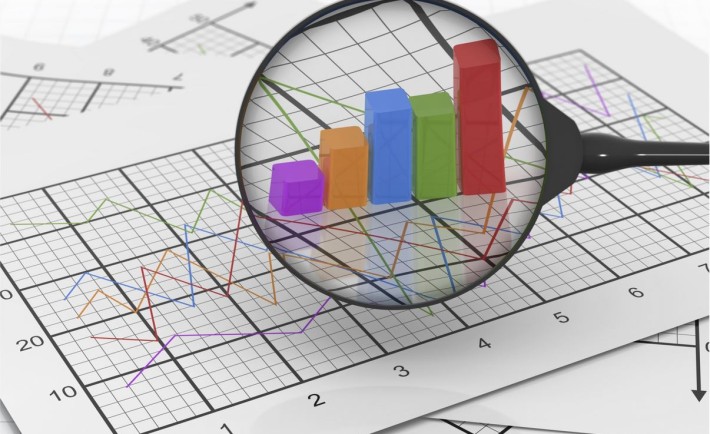
Many people on the Web are talking about the COVID-19 pandemic and its impact on the world. At the moment, there is already no doubt that the impact is devastating. It’s already caused a recession that might be one of the worst in history. Opinions about the implications of it for investors are rather diverse so it’s hard to find some truly helpful information.
Hopefully, excerpts from this coronavirus investing discussion between two well-known personal finance bloggers, one of whom has a PhD in biology, will help clear some things up for you.
First of all, you need to understand that for all information available about this virus none of it is very accurate. Many sources give data about fatality rates and treatments. But the are errors in the former and not yet enough research about the latter. It will take more time to develop effective treatments for this specific strain of SARS. Before that, the number of fatalities and rate of recovery of every nation depends on the quality and availability of healthcare.
Lockdowns are in place in order to reduce the burden on healthcare providers. And it’s the lockdowns that hit economy the hardest. Therefore, finding effective treatments and developing a vaccine are now essential steps for global economic recovery.
At the moment, there is hope that a vaccine for COVID-19 will be developed faster than it usually takes. With such a tremendous impact on the economy, a stream of funds going into the research and development of treatments is unprecedented. However, vaccine development isn’t a precise science and it’s impossible to say when exactly, if ever, one will be produced.
How Governmental Response Influences the Overall Impact of the Pandemic
The main focus of government response to the spreading of this virus aims to flatten the curve. This means that they are trying to reduce the number of cases and fatalities to reduce the burden on the healthcare industry. That’s what measures like social distancing and lockdowns have to achieve.
Sadly, because of the inconsistency and slowness of response in many cases those results were not achieved. Some countries, like Canada, South Korea, and Iceland, fared better and succeeded in preventing bad outbreaks. However, in other places, like some parts of the USA, cities and their healthcare facilities are overwhelmed.
To help stop the progress of the pandemic governments and businesses also had to take additional measures. Some manufacturing facilities are now producing healthcare items instead of their focus products. There should also be additional training for people in healthcare and setups of tent hospitals or similar facilities. These should help manage the influx of patients should the situation get worse.
All in all, it’s clear now that the COVID-19 has a much higher fatality rate than the flu and a long incubation period. However, economic damage from lockdowns is devastating. Very soon governments will start weighing the good of lockdowns against their economic implications. It’s likely that many quarantine measures will be lightened to aid in the recovery of economies. There is a risk that this will cause another wave of patients.
Impact of the Pandemic on Mental Health and Its Effects on the Economy
Some governments are trying to provide people locked in their homes without work with financial support. However, installing new social programs is challenging on many levels. The fact that this situation is extremely stressful exacerbates the problems. The impact of it on mental health adds to the overall economic downturn as people lose their ability to be productive. For the healthcare industry in epicenters of the pandemic, like NYC, this may result in thousands of healthcare personnel developing PTSD symptoms.
Of course, such an impact on the workforce will only exacerbate the detrimental effects of the pandemic on global economy. Those mental health effects will result in an increase of alcoholism, depression, abuse, and a multitude of other issues that have a high death toll and far-reaching economic implications.
All in all, governments are in a very difficult place. They have to choose between the health of the nation and the economic necessity to reopen businesses. There is no perfect solution here and the only sure thing is that there is no avoiding massive damage to both people and economies.
At the moment, South Korea has the best model for dealing with the virus. It’s mostly due to widespread testing that allowed to minimize the lockdowns and economic implications of thereof. However, these measures are impossible to implement (or are already too late) in many other countries.
The Great Depression Is Coming
With such devastating economic effects of lockdowns, the recession caused by this pandemic might be comparable to the Great Depression. However, as the situation is extremely complicated, forecasting is very difficult.
On the one hand, millions of businesses already have and will go bankrupt still. On the other hand, they will free up space for new businesses. The question is whether the drop in the economy can be offset by the increase in the activity by publicly-traded companies. The price of stocks might go up, but it also might not.
Overall, uncertainty is everywhere and any investor should be extremely cautious but also looking forward.





